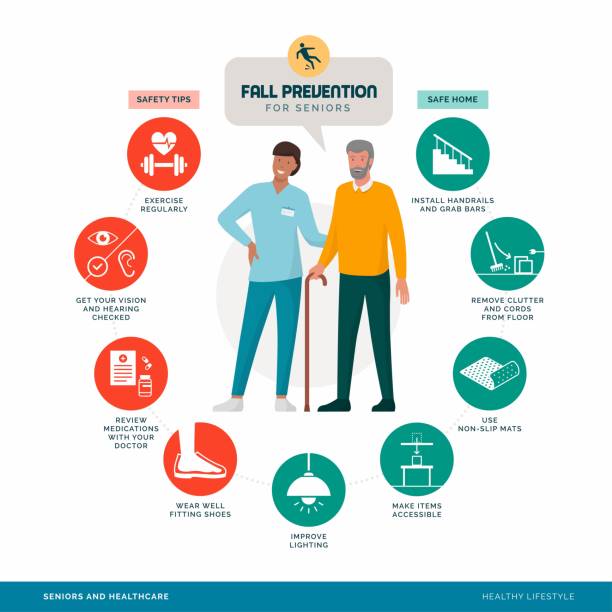A healthy lifestyle starts with good nutrition. A balanced diet can help improve your health. Vitamins and minerals should be included in your diet. This includes whole grains, fruits, vegetables, dairy products, and protein sources.
The path to better health
It can be difficult to make changes in your eating habits. It is easier to make small changes. If you have a disease that is susceptible to being worsened by what you eat and drink, it may be worth making small changes in your diet. Changes in diet can help with conditions like celiac disease, kidney disease, and lactose intolerance. Here are some suggestions for improving your health. Keep in touch with your doctor to keep him or her informed about how you are doing.
Consider your strengths and weaknesses. Are you eating 4-5 cups of fruit and vegetables each day? Are you getting enough calcium? Are you eating whole grains and high-fiber foods? You’re on the right path if so! Keep going. If you don’t, try adding more of these foods into your daily diet.
Write down every meal and drink you have each day to keep track of your food intake. This will allow you to assess your diet. This will help you determine if you should eat more of certain food groups.
Ask for assistance from a dietitian. A dietitian can help you to follow a specific diet, especially if your health is compromised.
Everyone can benefit from cutting down on unhealthy fat. You can reduce the amount of fat you eat and make changes to your eating habits. Some unhealthy fats include dark chicken meat, poultry skin, fatty cuts of beef, pork, and lamb, as well as high-fat dairy products (whole milk and butter, cheeses). There are several ways to reduce unhealthy fats:
Instead of frying, you can bake, grill, broil, or broil the meat. Before you cook chicken or turkey, remove the skin. Fish should be consumed at least once per week.
Reduce extra fat. Butter on bread, sour crème on baked potatoes, and salad dressings are all examples of extra fat. These foods can be made low-fat and nonfat.
Take in plenty of fruits, vegetables, and other healthy foods as snacks and meals.
Before you buy any food, make sure to read the nutrition labels. Ask your doctor or dietitian for help with labels.
Be aware of hidden fats when you dine out.
Good health depends on staying hydrated. Get water, tea, or other low-calorie drinks like water. Sweetened beverages add calories and sugar to your diet. These include fruit juice, sports, energy drinks, sweetened milk or flavored milk, sweetened iced and sweetened tea.



